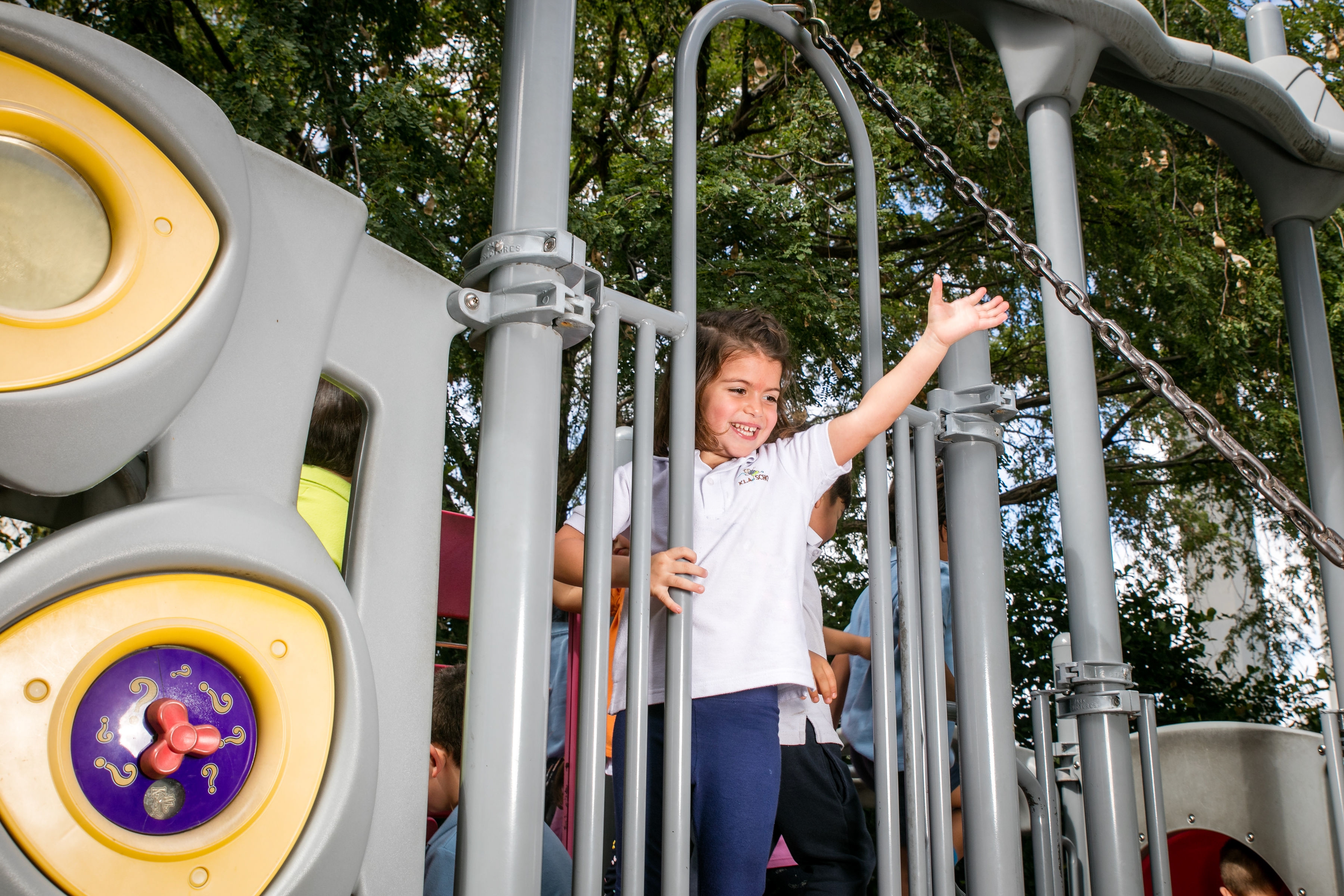How to Support Your Child’s Problem-Solving Skills
Topics: Child Development
Age Range: Preschool
Children are constantly experiencing new things exploring the way their world works. Good problem-solving skills can help them resolve conflicts, perform well in school and work, and develop confidence. Childhood is an ideal time to encourage your child in their problem-solving.
Here are four ways to support your child’s problem-solving skills.
1) Encourage problem-solving with creative play
Because children learn through play and hands-on experiences, playtime is a great time to support their problem-solving skills. Creative play is imaginative and low-stakes, and the consequences of their choices won’t be serious. Jigsaw puzzles, hide-and-seek, obstacle courses, and sensory play are examples of creative play that can encourage problem-solving.
2) Model curiosity and open-mindedness
Try modeling problem-solving skills by thinking aloud. For example, if you’ve misplaced your keys in the house, you can say, “I can’t seem to find my keys. I wonder if I can remember where I had them last – maybe they’ll be there.” It’s also valuable to let your child see you having respectful two-way discussions about problems, even if you disagree with what’s being said.
3) Remain patient
Problem-solving can often be frustrating for your child, and it’s only natural that you’d want to help them and relieve their frustration. However, it’s more helpful to remain patient and encouraging. Remind them that you’re proud of them for trying, and help them talk through their thought process. With your support, your child will learn that they can find solutions to their problems.
4) Allow natural consequences to happen
Allowing your child to experience the consequences of problem-solving will help them better evaluate the choice they made, and make adjustments for the future. If the consequence is harmless and minor, let it happen. Then, you and your child can have a discussion about what happened, and encourage them to try again.

